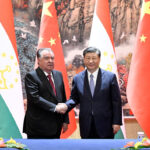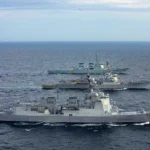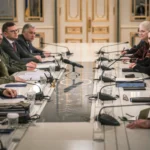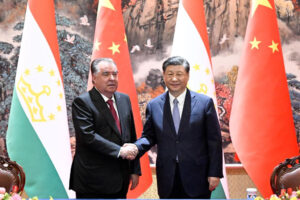Once the centre of the Ottoman Empire, the modern secular republic was established in the 1920s by nationalist leader Kemal Ataturk.
Straddling the continents of Europe and Asia, Turkey’s strategically important location has given it major influence in the region – and control over the entrance to the Black Sea.
Progress towards democracy and a market economy was halting after Ataturk’s death in 1938, and the army – seeing itself as guarantor of the constitution – repeatedly ousted governments seen as challenging secular values.
Joining the European Union has been a longstanding ambition. Membership talks were launched in 2005, but have stalled over serious misgivings about Turkey’s human rights record.
Kurds make up about a fifth of the population. Kurdish separatists who accuse the Turkish state of seeking to destroy their cultural identity have been waging a guerrilla war since the 1980s.
REPUBLIC OF TURKIYE/TURKEY: FACTS
- Capital: Ankara
- Area: 783,356 sq km
- Population: 84.6 million
- Languages: Turkish, also Kurdish, Arabic, Zaza, Circassian, Laz
- Life expectancy: 74 years (men) 80 years (women)
LEADERS
President: Recep Tayyip Erdogan

Recep Tayyip Erdogan won a new term in elections in June 2018 and also gained substantial new powers under a new system approved the previous year by voters.
He first came to power in 2003 in the wake of a sweeping electoral victory by the Islamist-rooted Justice and Development Party (AKP), of which he was a founding member.
He spent 11 years as Turkey’s prime minister before becoming the country’s first directly-elected president in August 2014 – a supposedly ceremonial role.
To his supporters he has brought Turkey years of economic growth, but to his critics he is an autocratic leader intolerant of dissent who harshly silences anyone who opposes him.
In July 2016, the AKP government survived an attempted coup which saw clashes on the streets of Istanbul and Ankara that left 256 people dead.
The authorities subsequently detained thousands of soldiers, judges, teachers and civil servants on suspicion of involvement in the attempt, which President Erdogan said was inspired by his exiled opponent Fethullah Gulen.
A referendum in April 2017 narrowly backed switching to a presidential system of government, which significantly increased his powers.
MEDIA

Hundreds of private TV and radio stations compete with state broadcaster TRT. However, broadcasting and the press are dominated by pro-government outlets.
Critical news outlets face the risk of being raided or fined. Most arrested journalists are charged with membership in, or propaganda for, groups deemed to be terrorist organisations.
With mainstream media largely off-limits, independent and opposition voices often rely on social media to share news and opinion.
TIMELINE
Some key dates in Turkey’s history:
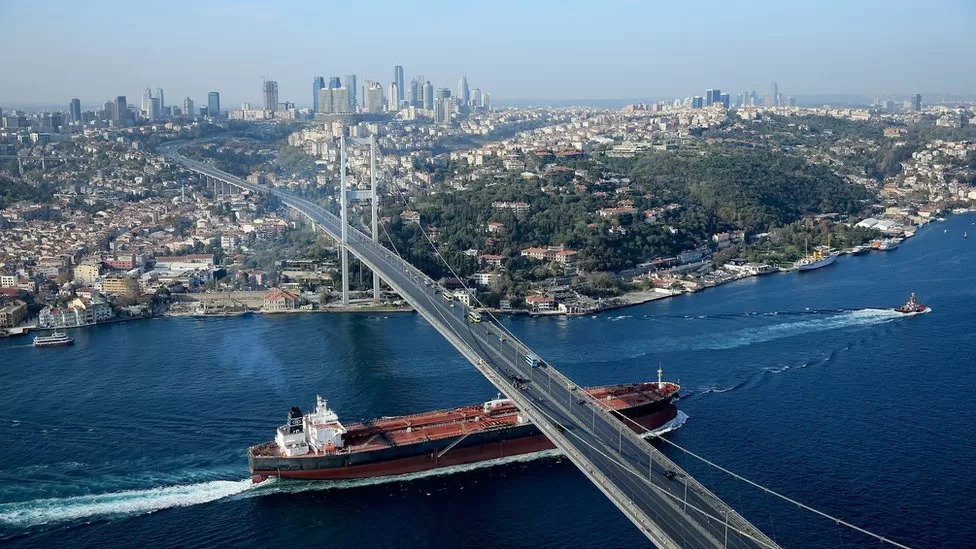
1453 – Sultan Mehmed II captures Constantinople, ending the Byzantine Empire and consolidating Ottoman Empire in Asia Minor and Balkans.
15th-16th Centuries – Ottoman Empire expands into Asia and Africa.
1683 – Ottoman advance into Europe halted at Battle of Vienna. Long decline begins.
1908 – Young Turk Revolution establishes constitutional rule, but degenerates into military dictatorship during World War One, where Ottoman Empire fights in alliance with Germany and Austria-Hungary.
1918-22 – Partition of defeated Ottoman Empire leads to eventual triumph of Turkish National Movement in war of independence against foreign occupation and the rule of the Sultan.
1923 – Turkey declared a republic with Kemal Ataturk as its president. Soon afterwards it becomes secular.
1939-45 – Turkey remains neutral for most of World War Two. Turkey declares war on Germany and Japan in February 1945, but does not take part in combat. Joins United Nations.
1952 – Turkey abandons Ataturk’s neutralist policy and joins Nato.
1960 – Army coup against ruling Democratic Party.
1963 – Association agreement signed with European Economic Community (EEC), now the EU.
1974 – Turkish troops occupy northern Cyprus, partitioning the island.
1980 – Military coup follows political deadlock and civil unrest. Imposition of martial law.
1984 – Kurdistan Workers’ Party (PKK) launches separatists guerrilla campaign which develops into a major civil war that simmers on for decades.
1987 – Turkey applies for full EEC membership.
2002 – Islamist-based Justice and Development Party (AK) wins landslide election victory. Party promises to stick to secular principles of constitution.
2003 – AK Party leader Recep Tayyip Erdogan wins seat in parliament. Within days Abdullah Gul resigns as prime minister and Erdogan takes over.
2011 – Syrian civil war breaks out, resulting in tension along the countries’ border and a huge influx of refugees into Turkey.
2014 – Prime Minister Erdogan wins the first direct popular election for president.
2016 – Attempted coup fails. Authorities detain thousands of soldiers and judges on suspicion of involvement.
2017 – Referendum approves switch to presidential system.
2022 – UN agrees to request from Ankara to officially refer to country as Türkiye.
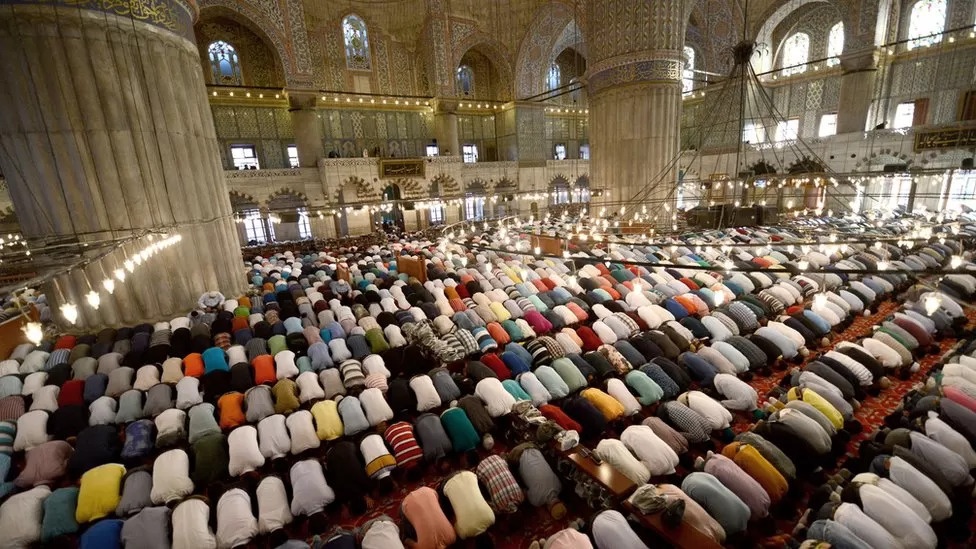
Source : BBC


